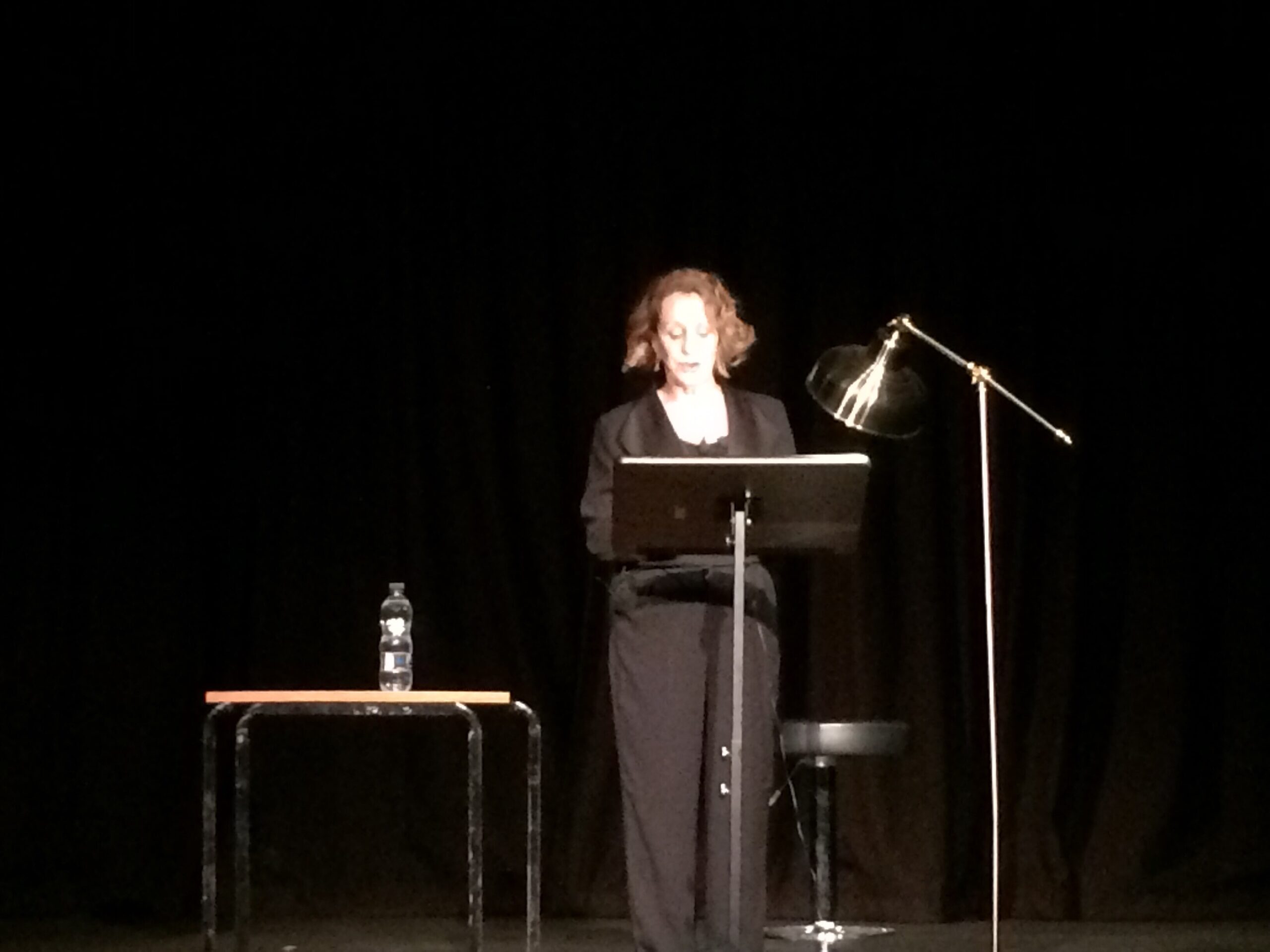Brey and I attended an evening with Philippa Gregory last month. She’s the author of amazing female-driven books such as The Other Boleyn Girl and The White Queen. She was touring her most recent book, Order of Darkness, the fourth in The Dark Tracks series, and talking about writing “the unspeakable.” Almost everything she said resonated deeply with me. I write about the darker side of life because I think it’s easy to live in a bubble and forget about the hardships and horrors of everyday life. During the Second World War, we felt it in England. Men were gone. Women were working in their place. Everyone was on rations. But what about now? What about during the Iraq war? Did you feel it? Unless you had a loved one or you yourself were deployed, I think it’s fair to say you probably didn’t. There are conflicts all over the world; drug wars; civil wars; and yet we go about our lives more or less untouched by them all.
It’s easy to forget what darkness human kind is capable of. It’s easy to forget the atrocities of history. In a recent poll, something like 70% of young people didn’t know whose side Hitler was on in WWII. I don’t believe we should sit idly by and allow that history to fade. The first in my Extractor trilogy, Escape in Time, is set partly in the only women’s concentration camp that existed. I’ve had some negative feedback about the level of violence and malevolent detail in the book. And it got me wondering whether it was necessary. I was sure it was as I was writing it, and after listening to Philippa Gregory speak, I’m even more convinced it was, as she put it, my responsibility as a writer to “write the unspeakable.”
The final book of the trilogy, Death in Time, will be released in June (but you can get copies early by coming to the BSB UK event on May 5/6). As I finished my proofing a few nights ago, I finally decided I was proud of the trilogy. I’m glad that I didn’t shy away from the darker elements of the story, and I don’t think there’s a gratuitous violent moment in any of the 260,000 words. The capacity for humans to undertake “inhumane” action is bottomless. But so is our capacity for love and light. And that’s always what my main characters strive toward.
So don’t read my words if you don’t want to be challenged. Don’t read them if you like the sand in your eyes and ears. Phillipa Gregory looked me in the eye and told me, “It’s your responsibility to write the unspeakable.”
Who am I to argue with such a great woman, historian, and author?

